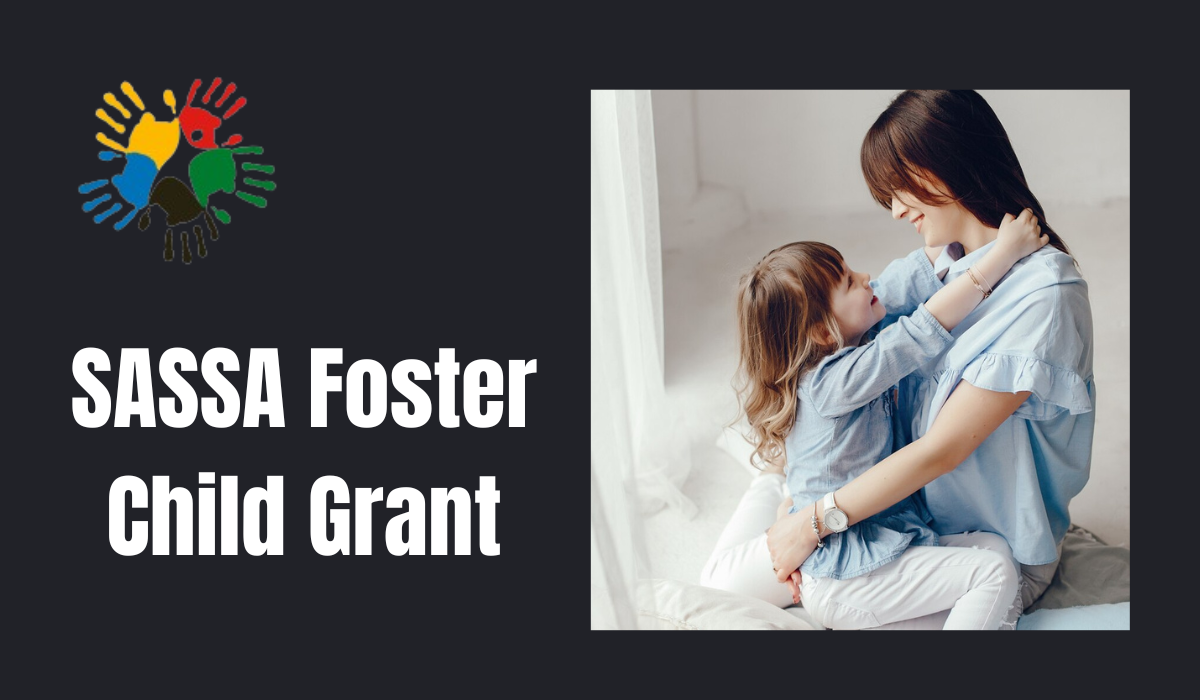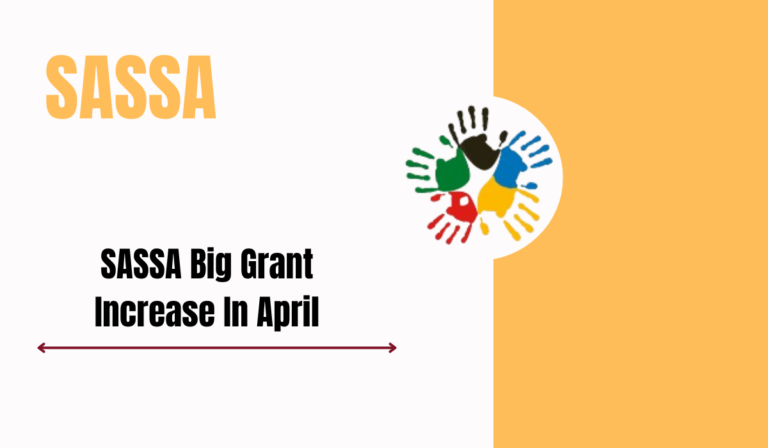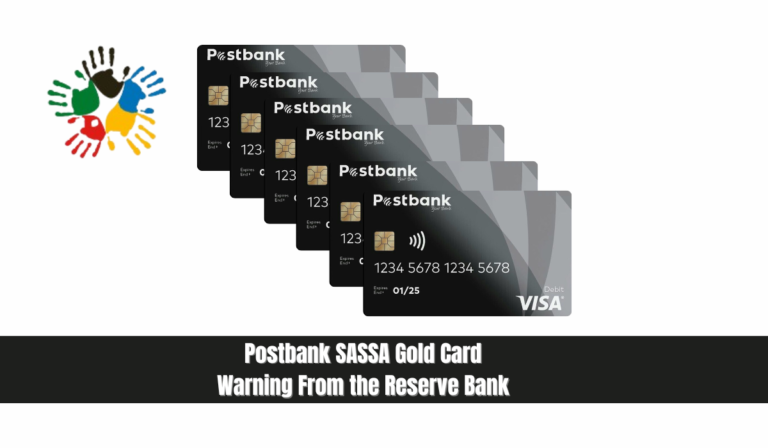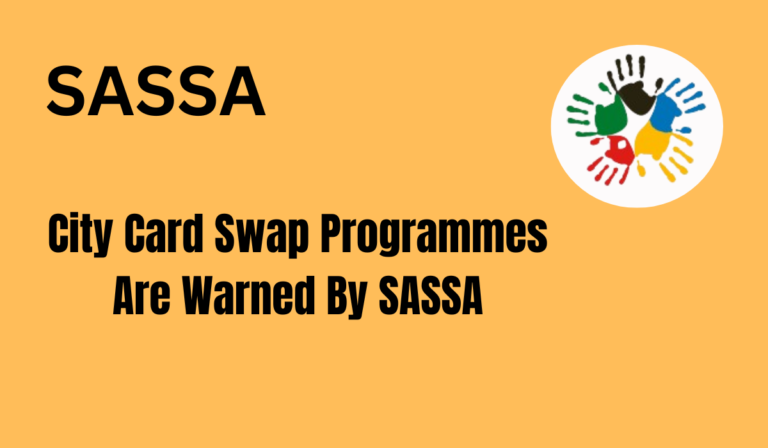SASSA Foster Child Grant – Eligibility – Application Process

SASSA Foster Child Grant. A foster child grant (also known as a foster care grant) is a form of financial assistance provided by SASSA to foster parents so that they can provide the best care to their foster children. When a foster child is assigned to your care by a court, they are suffering from the conditions of orphanhood, desolation, torture, neglect, or being at risk. As foster parents, you will be responsible for providing all basic needs to your foster child, including food, clothing, shelter, medical care, and education.
Grants for foster children are generally not disbursed until the child reaches the age of 18. In the event that the child graduates high school or secondary school at the age of 18, the grant amount will continue to be paid to them until they are 21. The grant payments will cease once the child leaves school or begins earning income exceeding the means test requirements.
What is SASSA Foster Child Grant?
The SASSA Foster Child Grant is a financial benefit provided to legal foster parents who care for children placed under their guardianship by a court order. This grant is designed to assist in covering the child’s basic needs, including food, clothing, healthcare, and education.
SASSA Foster Child Grant Program
Sassa Foster Child Grants are provided to people who care for foster children. Foster children are given to you by the court because:
- Orphaned
- Abandoned
- Risky
- Abused
- Neglected
The Sassa Foster Child Grant gives foster parents the responsibility of providing food, education, medical care, and other basic needs for their foster child.
Eligibility Criteria Of Foster Child Grant Application
The following criteria must be met to qualify for the foster child grant:
- Applicants must be South African citizens, recognized refugees, or permanent residents.
- South Africa must be the home of both you and the foster child.
- Foster parents must be responsible for caring for their children.
- It must have been a court order that placed the child with you for the following reasons:
- Orphaned
- Abandoned
- Abused
- Neglected
- Risk
- Foster children must be under the age of 18.
- Means test requirements must be met by the child.
Documents Required For Foster Child Grant Applications
The following documents should be brought to the SASSA office when applying for the foster child grant:
- Identity Documents
- The original 13-digit barcode of your ID (Identity Document).
- The refugee ID and status permit, if applicable.
- A birth certificate with a valid ID number for the child.
- If you do not have an ID or birth certificate for your child
Complete the SASSA standard affidavit form in front of an Oaths Commissioner who is not affiliated with SASSA. Download the form from the SASSA website or get it from a SASSA official.
- Verify that you and the child are on the same page by getting a declaration validated by a trusted individual.
- You must provide documentation from the Department of Home Affairs showing you’ve applied for an ID and/or birth certificate.
- A temporary identity document from the Department of Home Affairs, if necessary.
Additional documents
- Certificate of baptism (if available).
- Certificate from school (if available).
- A Road to Health Clinic card (if available).
- Obtain a court order designating you as the child’s legal foster parent.
- Documentation confirming your marital status:
- If you are married, you will need a marriage certificate.
- A divorce decree if you have been divorced.
- If the spouse has passed away, a death certificate is required.
- Alternatively, a sworn statement could be provided if none of the above is applicable.
- Please provide any documents that show the child’s earnings, such as a maintenance payment order if they are available.
Applying For Foster Child Grants
Contact a Social Worker
- Firstly, contact a social worker at the nearest Department of Social Development office.
- You’ll get help applying for a court order that confirms your status as a foster parent.
- If you don’t have this court order, you cannot apply for the foster child grant.
Complete Application Form
- Assist from a SASSA officer is needed to complete the application form.
- The SASSA officer will be able to assist you if you have difficulty filling out the form.
- You’ll receive a receipt stamped with the date and name of the SASSA official who assisted you with the application.
- You must keep this receipt safe as it is your proof of application.
- You don’t have to pay any money to apply for the grant.
Application Outcome
- SASSA must explain in writing why it rejects your application.
- If you are unsatisfied with SASSA’s decision, you can ask them to reconsider.
- In order for your reconsideration request to be considered, you must have had a chance to apply.
- The Minister of Social Development can hear your appeal if SASSA’s reconsideration decision is still not in your favor.
AFFIDAVIT FOR A FOSTER CHILD GRANT Form
What Happens If Your Application Is Not Approved?
If your application is unsuccessful, you will be provided with a written explanation explaining the reasons for the rejection. Also, you have the right to request a reconsideration of the decision and to appeal the decision if you disagree with it.
Foster Child Grant Application Processing Time
- Timeframe: A Foster Child Grant application is usually processed within 30 days to 3 months by SASSA.
- Review Process: SASSA will thoroughly review your application once it has been submitted.
- Grant Payment: Once your application is approved, you will begin receiving the grant payment at the time the child is placed in your care as a foster parent.
- Rejection Explanation: SASSA will provide a written explanation of its decision if your application is rejected.
- Appeal Option: You may appeal the rejection to the Department of Social Development within 90 days of receiving the rejection letter.
Payment Process for Foster Child Grants
The grant can be received in the following ways:
- A specific amount of cash at a specific time and place.
- You can deposit funds electronically into your bank or Postbank account. Please note that the bank may charge you a fee.
- The grant is managed by an organization such as a welfare organization.
Please follow these steps if you would like your grant payments deposited into your bank account:
- You will need to fill out a Consent Form for SASSA Grant Bank Payments.
- Please provide the following documents:
- Obtain your ID, birth certificate, or driver’s license to prove your identity.
- The account number of your bank. Make sure it’s in your name.
- You can find your name and account number on your bank statement for the last 3 months.
Check The Foster Child Grant Balance
There are several ways to check your Foster Child Grant balance:
USSD Code
- Dial (*120*3210# or 12069277#) on your cellphone to obtain the USSD code from SASSA.
- Check your balance by following the instructions on your screen.
ATM
- You can visit any ATM.
- Follow the prompts on the screen after inserting your card.
- Check your account balance by selecting this option.
SASSA WhatsApp
- Contact SASSA on WhatsApp at 082 046 8553.
- Please send your balance request to this number.
- You will receive instructions on how to check your balance.
SASSA Call Center
- The SASSA call center can be reached at 0800 601 011.
- Request your balance by speaking with a representative.
- To obtain your balance information, please provide the requested information.
- The SASSA toll-free number, ATMs, WhatsApp, and your cellphone are all convenient ways to check your Foster Child Grant balance.
Reviews of Foster Child Grants
Foster Child Grant Reviews involve
- A systematic review of case records and payment documentation is required.
- Maintaining compliance with grant eligibility requirements.
- A monitoring program conducted by the Children’s Bureau for the Title IV-E Foster Care Program.
The review process includes
- A random sample of foster care cases, provider files, and payment documentation will be examined.
- Verifying reimbursement claims from agencies for accuracy.
The goal of these reviews is to
- Maintain fiscal accountability.
- Ensure that child welfare practices are improved.
- Ensure the safety, permanence, and well-being of children.
Foster Child Grant Reviews play a crucial role in
- Integrity of program maintenance.
- Allocating funds appropriately to support foster children.
Reasons for Suspension of Foster Child Grants
There are several reasons why the foster child grant may be suspended:
- In the event that the grant is not claimed for three consecutive months.
- An absence of more than 90 days from the Republic.
- Refusing to remain a refugee.
- Grant reviews are not conducted in a cooperative manner.
- A fraudulent act or misrepresentation has been committed.
- The grant was approved in error.
Grant restoration
When a grant has been suspended, an application for the restoration of the grant must be submitted within 90 days of the suspension date.
Lapsing of Foster Child Grant
Foster child grants lapse in the following circumstances:
- Foster child’s death.
- Foster parent(s) have died.
- You no longer have custody of the child as a foster parent.
- Foster children turn 18 at the end of the calendar year.
- In the event that the child leaves school.
A Beneficiary’s Responsibility
- Keeping SASSA Informed: If your circumstances change, you must inform SASSA.
- Address Updates: You must notify SASSA of any changes to your residential and/or postal address.
- Communication: SASSA primarily communicates with you through registered mail, so be sure that your address is updated.
- Failure to Respond: SASSA may suspend your grant if you do not respond to notices.
Notes On Foster Children Grants
You are responsible for the following as a grant holder:
- Be sure to inform SASSA if your or your child’s financial or personal circumstances change
- Please inform SASSA of any changes to your physical address or contact information
Applicants should immediately inform SASSA of any changes to their addresses, as official notices are mailed to the most recent address. The grant may be suspended if you do not receive or act upon the notices.
The SASSA will not tolerate fraudulent activities.
SASSA Contact Details
SASSA can be reached directly for any further inquiries:
- SASSA Toll Free Call Centre: 0800 60 10 11
- SASSA’s Head Office can be reached at: 012 400 2322
- Please email SASSA at: [email protected]
- SASSA offices around the country: SASSA offices
FAQs About SASSA Foster Child Grant
How much does Sassa pay for Foster Grant?
Ans: The South African Social Security Agency (SASSA) pays foster parents per court order a foster child grant for each child (from 1 April 2025). A child is eligible for this grant until he or she reaches the age of 18.
Who qualifies for a foster care grant?
Ans: Your child must be under your legal foster care and you must have a court order to confirm this; you must be a South African citizen, permanent resident or refugee, and you must remain the child’s guardian after placing him in your care.
Do foster parents pay school fees in South Africa?
Ans: The South African Security Agency will assist you with applying for a foster child grant once the court order has been issued. A child may also be exempt from paying tuition at a public school and public healthcare facility.
Conclusion
The SASSA Foster Child Grant is an essential financial aid designed to support foster parents in providing a stable and nurturing environment for children in need. If you meet the eligibility criteria, ensure you apply as soon as possible to secure the necessary assistance. Stay updated with SASSA announcements to receive your payments on time and enjoy the benefits of this program.






